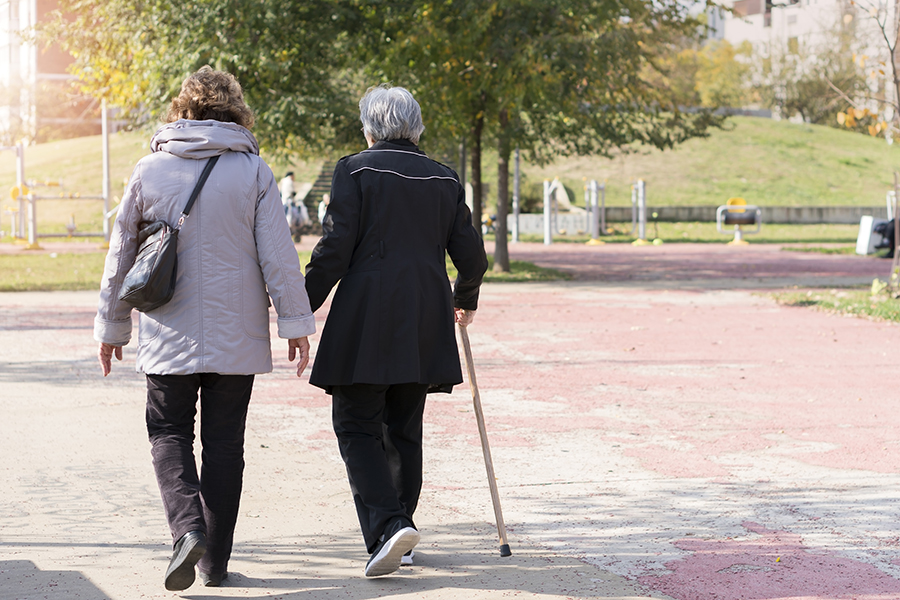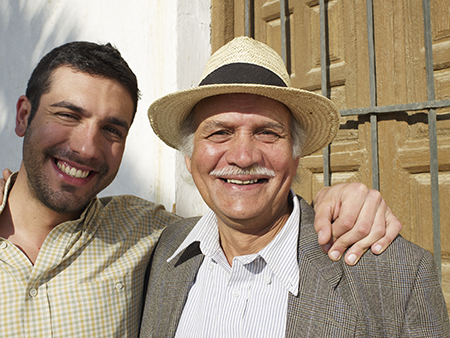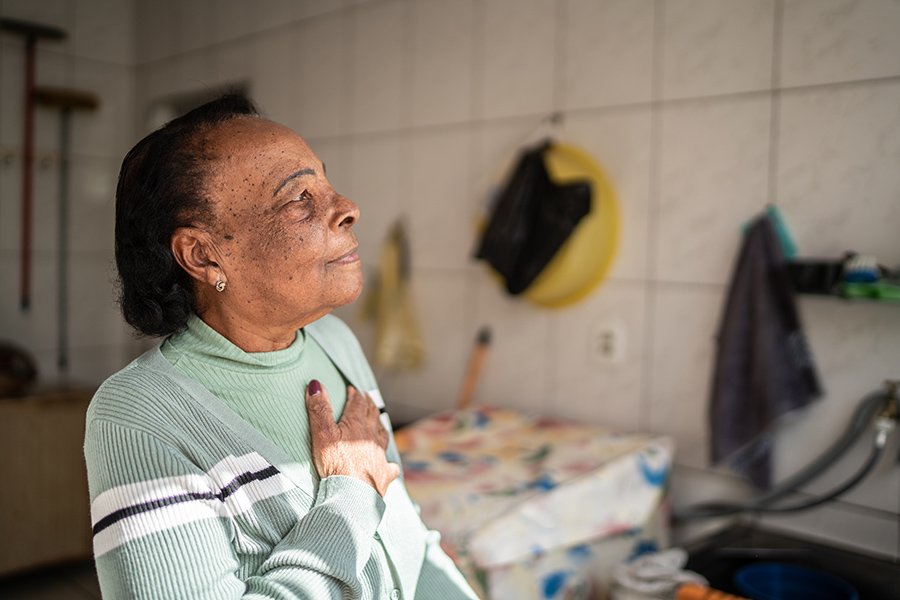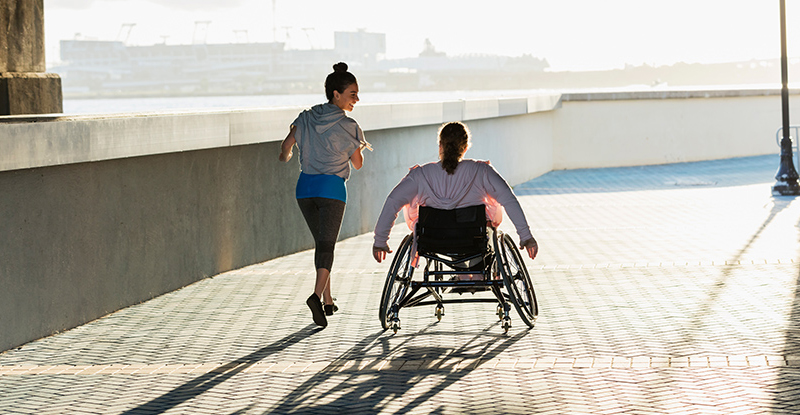Traveling is taxing on anybody regardless of their age. However, if you are a caregiver who is traveling with a senior, there are a few additional things you should take into consideration.
Tips for Stress-Free Travel
1. Get the Doctor’s OK
- Contact your loved one’s doctor to determine any precautions, health considerations, or other concerns you should address.
2. Take a Break
- If traveling by bus or car, take breaks often to stretch and use the restroom.
- Consider investing in a portable toilet if you are unable to stop frequently.
3. Pack Medication
- Take care to pack and transport medications in airport-appropriate containers.
- Pack extra medication in case of emergency, and keep it in your carry-on.
- Prepare and have your loved one carry a medical history and medication list if you are separated.
4. Request Special Services if Needed
- Before you leave, contact personnel at airlines, cruise ships, train stations, hotels, etc. to assess if they have adequate services available for your loved one.
5. When Traveling by Air…
- Security checkpoints are often the sticky point in a smoothly flowing day of travel. Dress in loose, easily removable clothing, and warn the TSA agent if either of you have any metal in your body from past surgeries.
- Pack lightly and minimize baggage as much as possible.
- Book flights that offer direct flights to your destination or ones that have long layovers between flights to reduce the stress of rushing to catch the next flight.
- Walking through large airports can be tiring for adults with limited mobility; don’t hesitate to request wheelchair service from your airline if needed.
6. Be Realistic
- Traveling together can still be quality time with your loved one – the journey is just as important as the destination. Keep yourself and your loved one calm and relaxed with books, games, music or other entertainment to ensure safe and happy travels.
7. Bring Important Documents
- Make sure you have all the necessary documentation before traveling (e.g., passport, ID, doctor contact information, your contact information, etc.).
- If you or your loved one is on medication, make a list of what you or s/he takes, what time and how much (for example: one 20mg pill morning and night, with food). Take a copy of that list with you. If a doctor’s visit is necessary while on your trip, be sure to show that list to the doctor.
8. In Case of Separation…
- Consider having your loved one wear a medical ID tag or a wearable GPS device in case you are separated from them. If you both have cell phones, explore tracking apps such as Phone Tracker for iPhones or GPS Phone Tracker (Android).
9. Comfort is Key
- Traveling long distances is uncomfortable for anybody, especially older people. Loose-fitting clothing and comfortable shoes are vital for your patient’s comfort.
- Pack laxatives because long travel days can cause constipation.
- Keep water and food on hand to ward off hunger and take medications.
- If your trip requires a lot of walking, consider bringing a cane, walker, wheelchair, or a scooter.
- When planning a trip, pick a senior-friendly destination — perhaps opt for renting an accessible lake house rather than going to Disneyland, an 85-acre theme park that requires a lot of walking.
10. Handy Accessories
- Bathing can be challenging in a hotel. Bring a portable shower seat or request one from the front desk or house cleaning.
- Be sure to pack items like denture cream or hearing aid batteries that may be hard to find on your trip.
Related article: 5 Travel Tips for Seniors Living an Active Lifestyle
Sources:





















